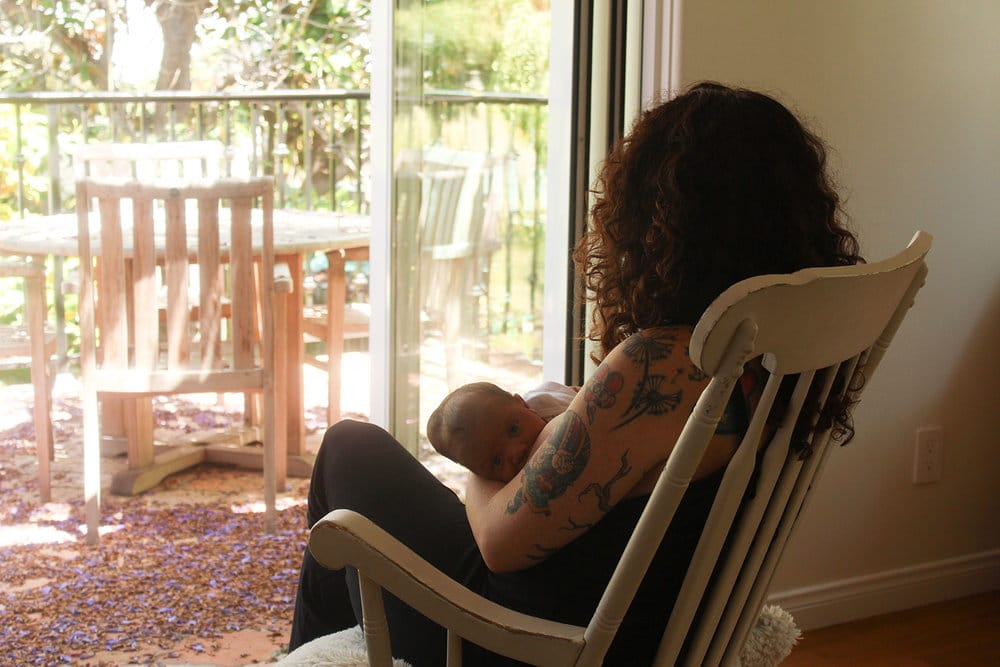Everyone knows that I am a champion of women in the post-partum period. And so, when the NY Times last week published an article on maternal mental health, many friends and colleagues flooded my inbox with the links to the articles and the responses. They imagined that I would be thrilled by the publicity that women’s mental health was receiving, because part of my mission is to shed light on the post-partum period and the unique traits of this part of a woman’s journey.
However as I read the article, I became increasingly uncomfortable with what I see as a very narrow lens through which we view both “health” and “mental health.” Here is a snippet of the opening of the article:
Postpartum depression isn’t always postpartum. It isn’t even always depression. A fast-growing body of research is changing the very definition of maternal mental illness, showing that it is more common and varied than previously thought… Recent studies also show that the range of disorders women face is wider than previously thought. In the year after giving birth, studies suggest, at least one in eight and as many as one in five women develop symptoms of depression, anxiety, bipolar disorder, obsessive-compulsive disorder or a combination.
There is a long history of pathologizing women’s mental health (hysteria, Freud, etc). It is much more challenging to confront how our society is structured that does or doesn’t support women’s mental health. In other words, what is the context and external environment that is supporting these symptoms and experiences? Women’s mental health is actually at the crux of a health society, so that we can raise healthy children, and have healthy relationships. It behooves us to look closely. Legitimizing that women’s mental health is important is a first step, but I question if labeling and medicating women for post-partum depression goes very far in resolving a far-reaching community and systems problem.
Here is me dreaming…
What we need is support for new mothers. On a systemic level, let’s start with extended maternity and paternity leave- mothers and fathers supported in parenting. Women receive weekly visits from a post-partum doula and a holistic pelvic health care specialist to help with pelvic floor or abdominal healing and re-education. Doctors will tell women to rest for the first 30 days and shelter their new baby.

Starting as early as 7th grade health class, girls would learn about a woman’s life cycle, and how to surf its waves. As part of that, girls would learn that in the post-partum period, they need to rely on their sisters, mothers, aunts, and friend-family. In turn, they will also need to support their women family members when they have new babies. They will learn about the mineral-rich whole foods that are especially important during the first 40 days, and practice making them. Women will learn how to shelter each other, so that mothers can care for their new babies.
Doula training will be an elective in high school, because really doula training is woman training. Being around birth and its transformative power brings us closer to the essence of who we are as women, even if we never want to have children, we hold the power to birth.
We will sit again in circle and hear each others’ stories. We have to know and hear and feel what our sisters and mothers and grandmothers and daughters have passed through and survived. This isn’t some granola hippie thing. This is practical! We need to know if our mother had pelvic floor surgery repair after 3 kids (like mine did). We need to hear about the car accident after being home from the hospital for a week. We need to know about how wonderful it was to sleep in a separate bedroom from our husband for a month, or how wonderful our partner was in sharing duties. We need to be open and honest about the nitty-gritty of motherhood.
What are your dreams for new mothers? Please comment and contribute to the future of our sisters and daughters!

